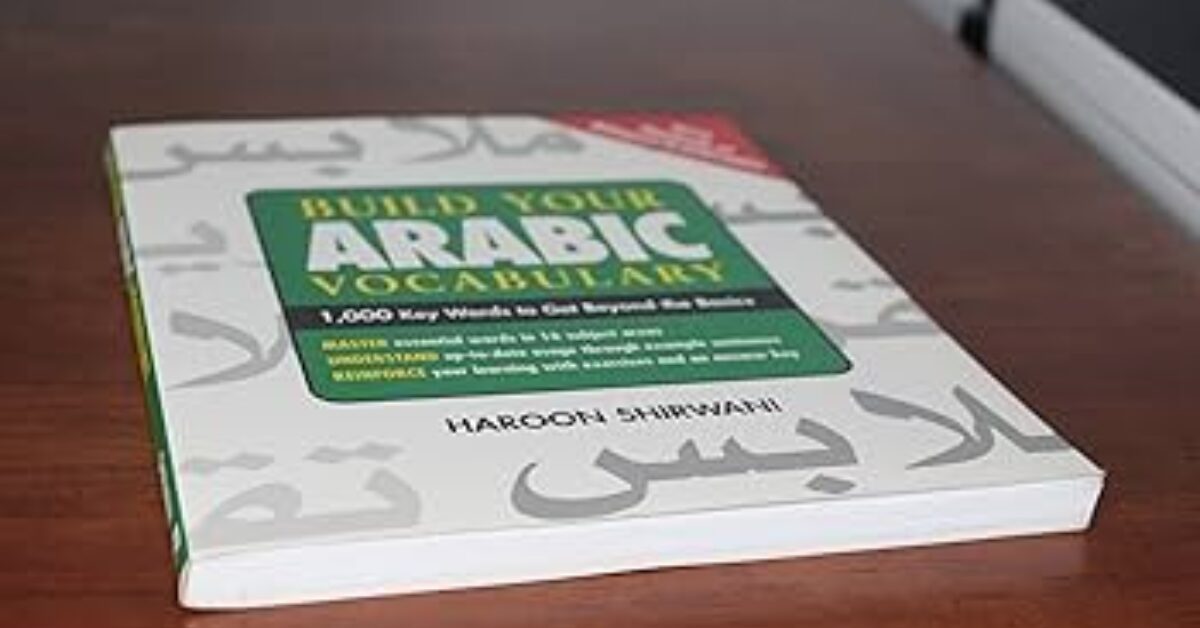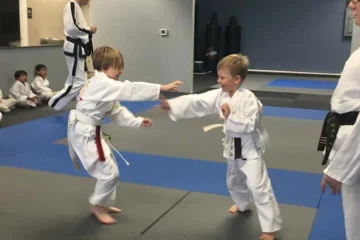Many beginners freeze at the thought of memorising hundreds of new Arabic words. Yet, vocabulary is the lifeblood of language. Without it, grammar and pronunciation remain hollow. If you want to speak Arabic with confidence, you must fill your mental library with words that breathe life into your sentences.
So, let us explore dynamic ways to absorb vocabulary faster than you ever imagined. These are going to speed up your Arabic courses in Dubai.
1. Start Small but Start Smart
Many learners drown in long lists of random words. That method kills motivation, so start small. Pick ten useful words each day, and choose ones that appear in daily life. Words like sabah (morning), shukran (thank you), maa (water), or beit (house). These words appear often. They become your building blocks.
Do not memorise without context. Use them in sentences. Say them aloud and create mental images. Imagine yourself entering a café in Cairo and greeting the barista. The word sabah al-khayr (good morning) will cling to your memory better than plain repetition.
2. Embrace the Root System
Arabic vocabulary blooms from a fascinating root system. Most words spring from three-letter roots. These roots carry a basic meaning that grows into many forms. The root k-t-b relates to writing. From it come kitab (book), kataba (he wrote), maktab (office), and maktaba (library). Once you grasp a root, you can guess the meanings of related words.
This system transforms learning from memorisation to pattern recognition. You no longer need to remember every single word. You only need to understand the root and how it morphs. That single insight can multiply your vocabulary tenfold.
3. Connect with Sound and Rhythm
When you hear Arabic words repeatedly, your brain records their rhythm. Listen to Arabic music or podcasts daily. Repeat lyrics or lines that catch your ear. Do not worry about grammar—Just focus on sound.
Hearing the words in motion helps your tongue mimic them naturally. Try shadowing, a method where you repeat a speaker’s words at the same time as they speak. It improves pronunciation while embedding new vocabulary in your memory.
4. Create Mental Hooks
A random list of words can slip away like sand through fingers. To retain vocabulary, you must anchor it to emotion or imagination. Take the word qalb (heart). Picture a glowing heart drawn in golden Arabic calligraphy. Imagine it beating gently on a piece of parchment.
That image burns the word into memory.
Use colour, humour, or exaggeration. The stranger the image, the stronger the memory.
5. Use Flashcards with Flair
Flashcards are powerful tools when used creatively. Write the Arabic word on one side and the meaning on the other. Add an image or phrase. Instead of plain cards, use digital tools like Anki or Quizlet. They use spaced repetition, a technique that strengthens memory by reviewing words at optimal intervals.
But do not make your flashcards dull—Add personality. Record your voice pronouncing the word. Add a funny example sentence. When you enjoy reviewing, you remember faster.
6. Label Your World
Turn your surroundings into a living classroom. Stick labels on objects in your room. Write bab on your door, kursi on your chair, kitab on your book. Each glance reinforces the word. The physical connection strengthens memory.
You can even label digital folders or phone notes with Arabic words. The language starts to breathe around you. Soon, you stop translating. You begin to think directly in Arabic. That shift marks true progress.
7. Read from Day One
Do not wait until you “know enough” to read. Reading accelerates vocabulary growth. Start with children’s books or simple stories written for learners. The sentences are short and repetitive. Each repetition reinforces key words.
Highlight unfamiliar words. Look them up, but do not stop every second. Try to guess the meaning from context. That guessing process trains your intuition. Over time, you’ll recognise patterns and word families effortlessly.
8. Watch Arabic TV and Movies
Entertainment is your ally. Arabic shows expose you to natural language, dialects, and tone. Choose programs with subtitles and watch scenes twice. The first time for enjoyment, the second time for learning.
- Pause and repeat phrases you like.
- Write them in a notebook.
- Try to use them in your daily conversations.
The expressions you hear in films often reflect real speech, not textbook language.
Visuals, emotions, and context make words memorable. A word heard during a dramatic scene stays longer than one read from a list.
9. Talk Every Day
Speaking cements vocabulary, while silence weakens it. You may feel shy or unprepared, but that fear slows growth. Find a conversation partner or language exchange online. Speak even if your grammar is clumsy. Focus on using the new words you have learned.
When you speak, you recall words faster. That recall strengthens memory. Each conversation becomes practice for fluency.
You can also talk to yourself, describing your surroundings in Arabic. The goal is to keep your brain active in the language.
10. Write to Remember
Writing helps organise thoughts and solidify vocabulary. Keep a simple Arabic journal. Each day, write a few sentences about your activities. Use the words you have learned recently. If you forget a word, look it up. That process reinforces it twice—once when you search, and again when you use it. Over time, your writing becomes richer and more natural.
Do not worry about perfection. Focus on practice.
Conclusion
Building Arabic vocabulary fast is not about cramming. It is about connection. When you link each word to sound, image, and feeling, you remember effortlessly. Start small, stay consistent, and play with the language.
For more guidance, you can reach out to the coaches at Language Skills in Dubai.


